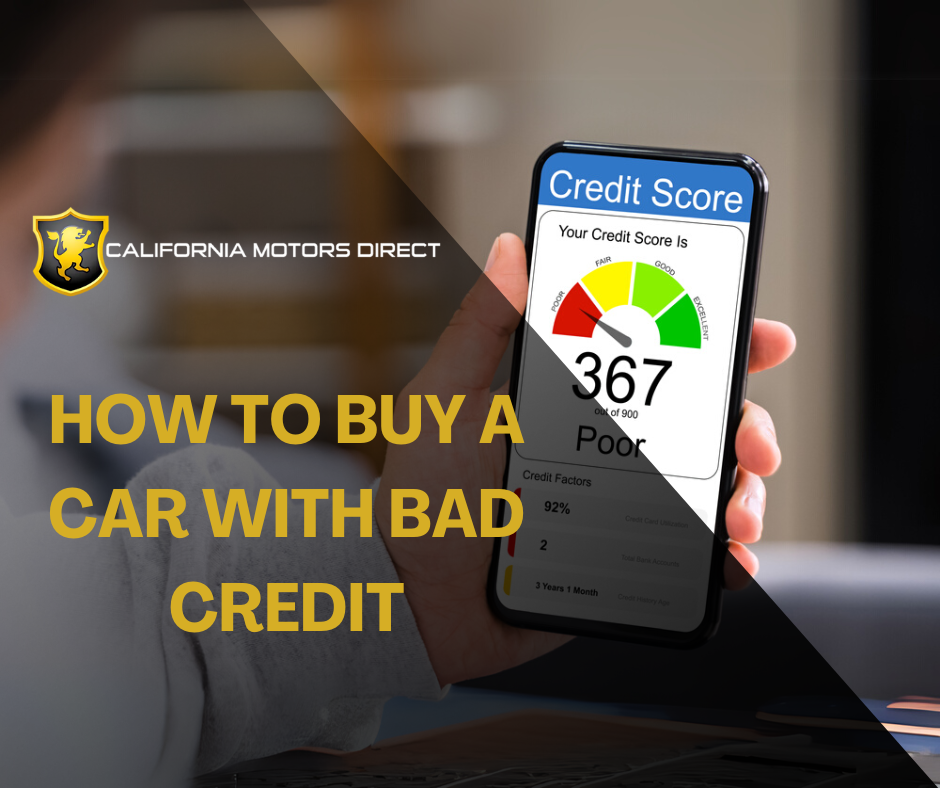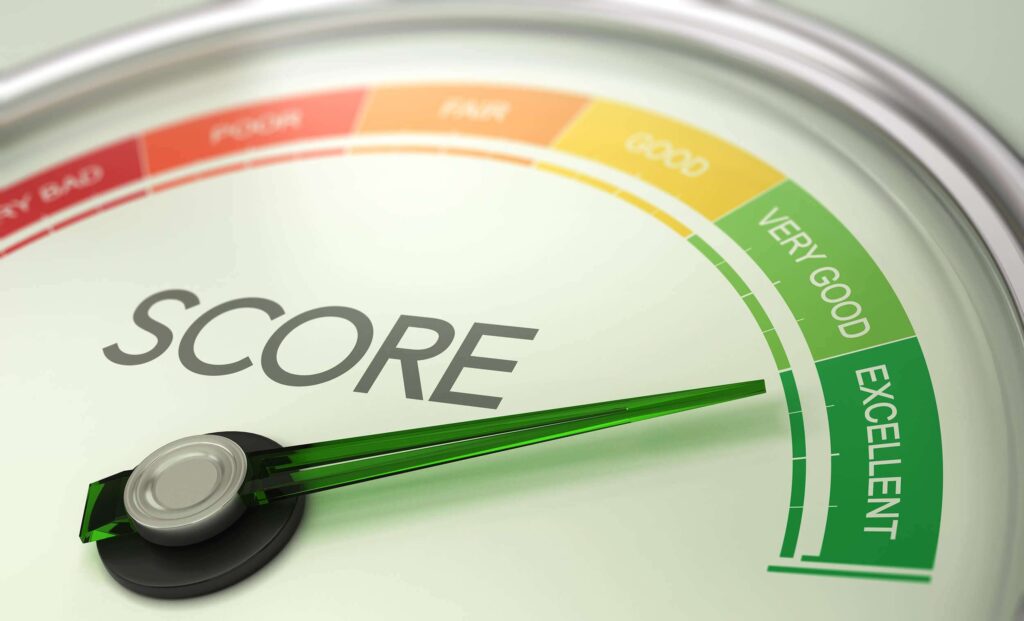
Yes, You Can Buy a Car with Challenged Credit. Having challenged credit doesn’t mean you can’t buy a car. While a bad credit score may make financing more difficult, there are still ways to secure an auto loan and drive away in a reliable vehicle. By taking the right steps—such as understanding and improving your credit score, budgeting wisely, exploring loan options, and making informed decisions—you can successfully purchase a car without falling into financial pitfalls or facing rejection from dealerships.
KNOWING YOUR CREDIT SCORE:
A credit score is a number that represents your creditworthiness, based on factors like payment history, credit utilization, and the length of your credit history. Of course, you would want to get a sense of where you are prior to purchasing your next car.
Excellent – 800 to 850
Very Good – 740 to 799
Good – 670 to 739
Fair – 580 to 669
Poor – 300 to 579
You can use free services like Experian, Credit Karma, or AnnualCreditReport.com to check and review your credit report. This gives you the opportunity to identify any inaccuracies or errors that may be negatively affecting your score. If you spot any mistakes, you can dispute the incorrect information with the credit bureau to help improve your rating.
WAYS TO IMPROVE YOUR CREDIT:
Before venturing out on your search for your next vehicle, it’s important to know that even with bad credit, you can take steps to improve your credit score. The higher your credit score, the more flexible your financing options will be. Improving your credit can increase your chances of securing better loan terms, lower interest rates, and more favorable payment plans. While it isn’t difficult to improve your credit, it will take some time and consistent effort.
Some tips on improving your credit:
- Pay off outstanding debts
- Make on-time payments
- Avoid opening new credit accounts
- Put major purchases on hold

SET BUDGET & SAVE FOR A DOWN PAYMENT:
One of the best ways to offset a low credit score when purchasing a car is to come prepared with a clear budget and a larger down payment. A well-planned budget ensures you stay within your financial limits. This not only makes the purchase more manageable but also signals to dealerships that you’re serious and financially capable.
How to Determine Your Budget:
- Factor in the cost of monthly payments, insurance, taxes, fuel, and maintenance.
- Use an auto loan calculator to estimate how much you can afford.
- Stick to a monthly payment that’s no more than 15% of your income to avoid financial strain.
Why a Larger Down Payment Helps:
- Reduces the amount you need to finance, lowering your monthly payments.
- Improves approval chances by showing lenders you’re financially responsible.
- May qualify you for better loan terms and lower interest rates.
A bigger down payment can improve your chances of securing approval, even with bad credit, and may help you avoid high-interest rates or unfavorable terms. If possible, aim for a down payment of at least 10-20% of the car’s price.
EXPLORE FINANCING OPTIONS:
Not all lenders have the same requirements, so it’s important to shop around for the best financing option that suits your credit situation.
Types of Auto Loans Available:
Getting Pre-Approved:
- Helps you avoid last-minute loan denials or unfavorable terms.
- Pre-approval allows you to compare interest rates before visiting a dealership.
- Shows sellers you are a serious buyer with financing already in place.

CHOOSING THE RIGHT CAR:
Selecting a vehicle that fits your budget and needs is just as important as securing a loan. By focusing on a vehicle that aligns with your financial situation and lifestyle, you’ll ensure that your purchase is both practical and sustainable in the long run. A well-chosen car can also help you avoid overextending yourself financially, even with bad credit.
Best Car Buying Strategies for Bad Credit:
- Opt for a Used Car – A pre-owned vehicle typically costs less, which means smaller loan amounts and lower monthly payments.
- Check Vehicle History – Use Carfax or AutoCheck to verify past ownership, accident reports, and title status.
- Research Pricing – Compare market values using Kelley Blue Book or Edmunds to ensure you’re getting a fair deal.
- Avoid Costly Add-ons – Extended warranties and unnecessary upgrades can increase your loan amount unnecessarily.
SECURE YOUR LOAN & REBUILD CREDIT:
Once you’ve chosen your car and financing option, the next step is securing the loan and setting yourself up for future credit success.
How to Secure a Fair Loan:
- Provide proof of steady income and employment to increase lender confidence.
- Carefully review loan terms to understand the interest rate, fees, and repayment schedule.
- Avoid lenders with excessively high-interest rates or unfair penalties.
Rebuilding Your Credit After Purchase:
- Make all payments on time – Late payments can further damage your score.
- Consider refinancing later – If your credit improves, you may qualify for a lower interest rate.
- Keep credit balances low – Managing your existing credit well can gradually boost your score.
By consistently making timely payments, you can improve your credit and qualify for better financial opportunities in the future.
CONCLUSION:
Buying a car with challenged credit is possible when you take the right approach. By checking your credit, setting a realistic budget, exploring financing options, choosing the right vehicle, and responsibly managing your loan, you can get behind the wheel without unnecessary financial stress.
If you’re ready to find your next car, get started by contacting us today! Browse our selection, get pre-approved, and schedule your test drive. Reach out to California Motors Direct to begin your car-buying journey!



